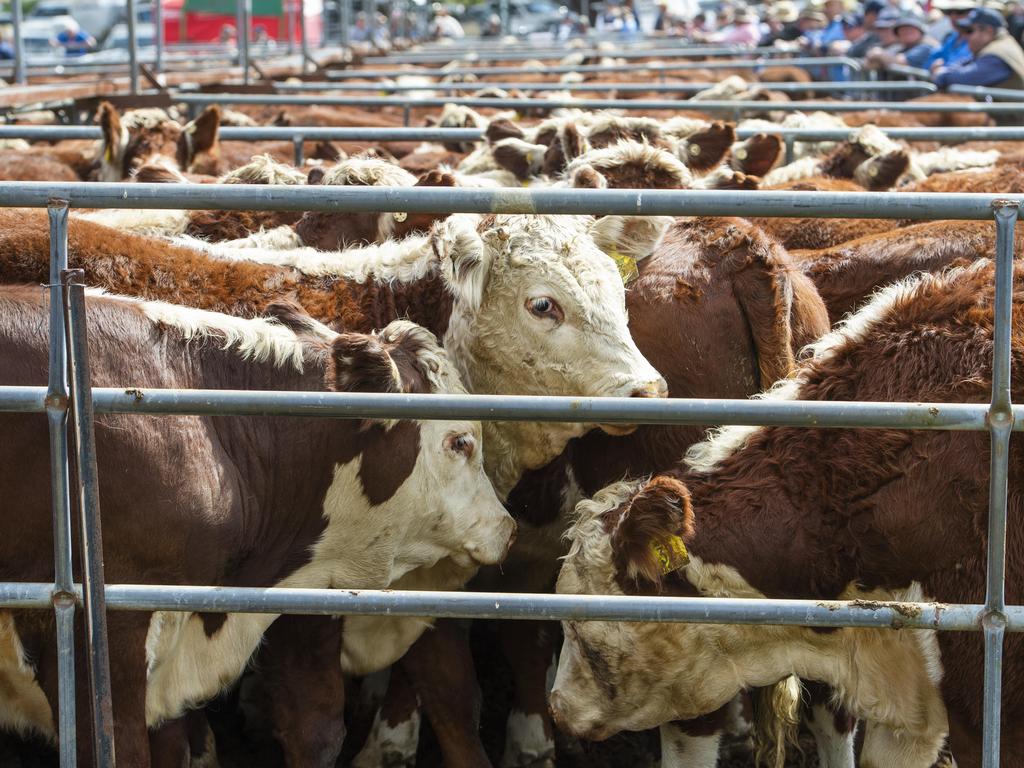Why not all grassfed producers are happy with new representation
The move to a new industry body for grassfed cattle producers has hit a road block with legal action.
The move to create a new peak body for grassfed beef producers has attracted a legal challenge, which could stall the start of Cattle Australia.
Producers were on track to have a new representative body by the end of this year after a special general meeting last week of the Cattle Council of Australia.
But a rival faction - Cattle Producers Australia - is challenging the vote and said the Cattle Council of Australia followed a “flawed” and “undemocratic” process of rebranding itself as Cattle Australia.
CPA Ltd representatives Paul Wright and Cameron McIntyre have instructed Queensland law firm Creevey Horrell Lawyers to lead the legal challenge.
Both are members of the Grass-fed Cattle Industry Restructure Steering Committee, which was asked to establish a new democratic peak industry council to represent all grass-fed cattle levy payers.
“CCA illegitimately took over the reform process in its own interest and produced a flawed and undemocratic structure with no secure funding plan for ‘Cattle Australia’,” Mr Wright said.
“Unlike the constitution adopted by CCA, the grass-fed cattle producer peak industry council structure proposed by the RSC would have given fair representation for all levy payers, whether big or small.”
While the proposed constitution for Cattle Australia was passed this month, NSW Farmers and Pastoralists and Graziers Association of Western Australia voted against the resolution.
“A total of 117 CCA members (who were part of the meeting) voted in favour of adopting a CCA-devised constitution for all of us, all the 45,000-plus grass-fed cattle producers of Australia,” Mr McIntyre said. “This is not only bad; it is sad.”
Creevey Horrell principal Dan Creevey said he had instructions to have the matter listed for a hearing in the Supreme Court of Queensland urgently.
But Cattle Council president Lloyd Hick said there was strong support for the new constitution and body, which was “was not just passed with a vote of direct members”.
“It also required a 75 per cent majority vote of state farming organisations, who represent thousands of grass-fed cattle producers and was also supported by the Northern Pastoral Group who represent 10 per cent of beef production in Australia.”
Mr Hick said low individual turnout was seen in agricultural annual general meetings and illustrated why it was “so important to have a new, democratic model that producers can genuinely engage with”.
The new constitution, which allows the individual election of directors among other changes, comes into effect in early November with board elections in December. The first annual general meeting of Cattle Australia will be held on December 12.




